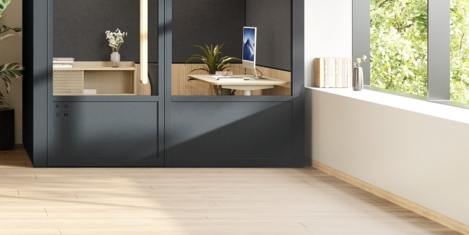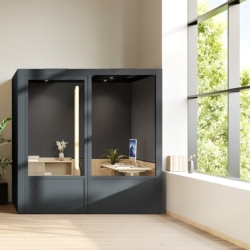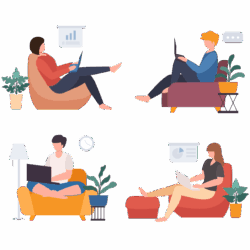To provide the best experiences, we use technologies like cookies to store and/or access device information. Consenting to these technologies will allow us to process data such as browsing behaviour or unique IDs on this site. Not consenting or withdrawing consent, may adversely affect certain features and functions.
The technical storage or access is strictly necessary for the legitimate purpose of enabling the use of a specific service explicitly requested by the subscriber or user, or for the sole purpose of carrying out the transmission of a communication over an electronic communications network.
The technical storage or access is necessary for the legitimate purpose of storing preferences that are not requested by the subscriber or user.
The technical storage or access that is used exclusively for statistical purposes.
The technical storage or access that is used exclusively for anonymous statistical purposes. Without a subpoena, voluntary compliance on the part of your Internet Service Provider, or additional records from a third party, information stored or retrieved for this purpose alone cannot usually be used to identify you.
The technical storage or access is required to create user profiles to send advertising, or to track the user on a website or across several websites for similar marketing purposes.
 A new study published in the journal Nature: Scientific Reports offers a cautiously optimistic view of how artificial intelligence is affecting workers’ wellbeing. Contrary to common fears, the research finds no clear evidence that AI exposure is harming workers’ mental health or job satisfaction. In some cases, it may even be contributing to small improvements in physical health, particularly among workers without a college degree. (more…)
A new study published in the journal Nature: Scientific Reports offers a cautiously optimistic view of how artificial intelligence is affecting workers’ wellbeing. Contrary to common fears, the research finds no clear evidence that AI exposure is harming workers’ mental health or job satisfaction. In some cases, it may even be contributing to small improvements in physical health, particularly among workers without a college degree. (more…)

































June 27, 2025
Navel gazing may not be the answer to the challenges facing workplace professions
by Mark Eltringham • Comment, Facilities management, Workplace, Workplace design
An adherence to strongly held beliefs can make people think and behave in peculiar ways and get them tangled up in peripheral issues that take on a great deal of significance. Early religious artists, for example, spent centuries wrestling with the seemingly intractable problem of whether to depict Adam and Eve with belly buttons or not. (more…)